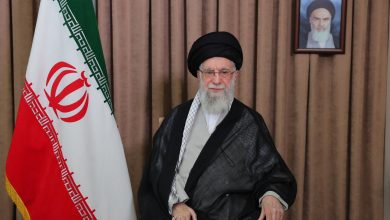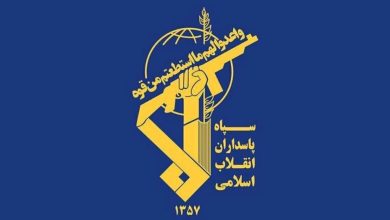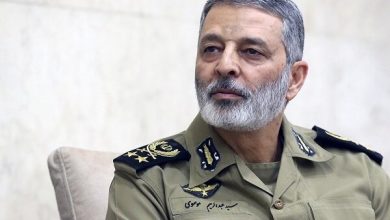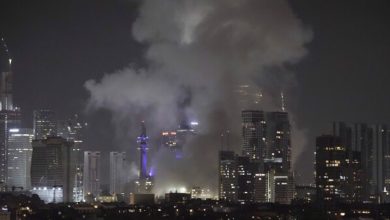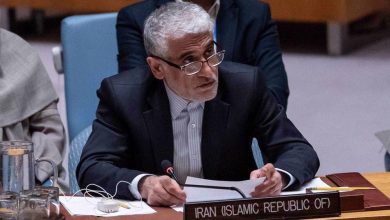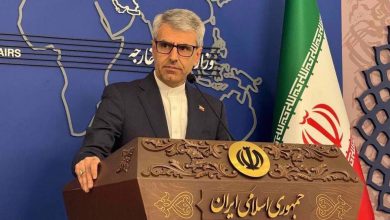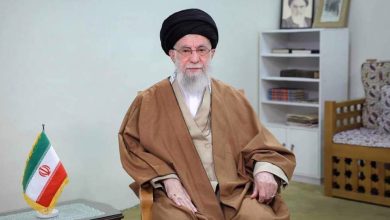Newsweek reports the emergence of new frontlines following Assad era, with groups vying for control and dominance
In the wake of the Assad regime's collapse, a myriad of armed factions have surfaced, intensifying the uncertainty surrounding the nation's future. Each group is actively competing to dominate and establish control.
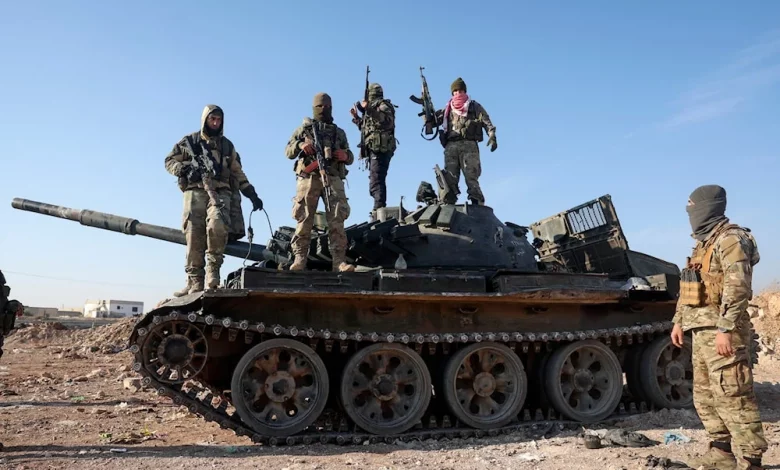
According to a report published by *Newsweek* on Sunday, the swift advancement of armed groups has led to the collapse of Syrian President Bashar al-Assad’s regime, signifying a substantial change in the region’s political landscape. While adversaries of the former government have expressed jubilation, the article highlights that the nation’s future remains unclear. For further details, refer to Al Mayadeen’s coverage on the installation of an interim government in Syria.
A report by Newsweek underscores the uncertainty linked to anticipated outcomes regarding the prospects for a successful transitional regime led by Ahmad al-Sharaa, also known as al-Jolani, the leader of the Hay’at Tahrir al-Sham (HTS) organization, as new frontlines continue to develop.
The report underscores escalating apprehensions regarding possible clashes involving the armed coalition, the US-supported Syrian Democratic Forces (SDF), and the Kurdish-led faction governing approximately one-third of Syria in its northern and eastern regions. Additionally, it highlights the presence of the Turkish-backed Syrian National Army, which perceives the SDF as an offshoot of the Kurdistan Workers’ Party (PKK).
The report indicates a significant escalation of tensions surrounding the northern city of Kobani (Ain al-Arab), a locale previously emblematic of the successful repulsion of Islamic State insurgencies.
Riad Darar, an advisor to the Presidency of the Syrian Democratic Council, the political arm of the Syrian Democratic Forces (SDF), conveyed to Newsweek that the fortified position of the SDF along the Syria-Turkey border is poised to be a pivotal factor in an upcoming crucial battle.
Darar expressed concern over the potential for intense conflict with uncertain outcomes, stating, “We hope the United States will maintain its stance against the assaults and work to prevent them, as this is crucial for maintaining regional stability. Failure to do so could complicate political resolution efforts in Syria.”
Darar expressed apprehensions regarding the trajectory of HTS governance, highlighting that despite its amicable rhetoric, the group has remained “individualistic” and has not sought the inclusion of the wider Syrian populace, political figures, or societal members who have suffered under the injustices and oppression of the former regime.
He stated that adopting such a strategy could result in viewing the new ruling party as attempting to seize control, a prospect that is feared by all Syrians.
As reported by *Newsweek*, the United States, which initially supported the rebel forces opposing President Bashar al-Assad’s regime in 2011, has since counted on the Syrian Democratic Forces (SDF) as its principal ally within the region.
The Biden administration has acknowledged engaging in numerous communications with Hay’at Tahrir al-Sham (HTS) following its seizure of power in Damascus. In response to inquiries regarding the potential reevaluation or removal of HTS’s classification as a terrorist organization, a spokesperson from the U.S. State Department informed Newsweek, “We do not preview deliberations about terrorist designations or delistings.”
The Turkestan Islamic Party, linked to the former East Turkestan Islamic Movement (ETIM), is said to have aspirations of creating an Islamist state named “East Turkestan” in the Xinjiang region of China.
Liu Pengyu, a spokesperson for the Chinese Embassy in the United States, informed Newsweek that Beijing is prepared to enhance counterterrorism collaboration with the international community to decisively combat the East Turkestan Islamic Movement (ETIM) and ensure regional and global security and stability.
Moreover, Liu emphasized that the United States’ decision to delist the East Turkestan Islamic Movement (ETIM) from its Terrorist Exclusion List during the Trump administration in 2020 demonstrates a politicization and weaponization of counterterrorism efforts, a stance that is “strongly opposed” by his government.
According to a report by *Newsweek*, former President Donald Trump stated during a press conference on December 16 that he believes Turkey will play a pivotal role in influencing the future of Syria.
In anticipation of renewed discussions with President Recep Tayyip Erdogan, the US president-elect characterized the long-serving Turkish leader as “someone with whom I have enjoyed a strong rapport.”
In a 2019 accord reached between Turkish President Recep Tayyip Erdogan and then-U.S. President Donald Trump, American forces were withdrawn from extensive regions of northern Syria. This decision was met with significant opposition from the Syrian Democratic Forces (SDF).

